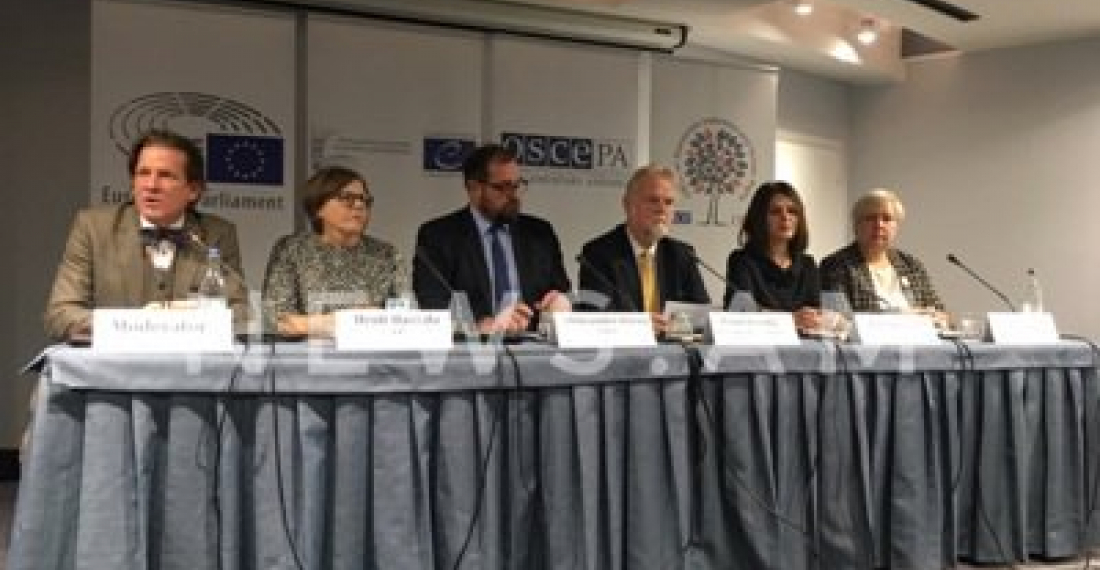There has been a very positive assessment of parliamentary elections held in Armenia on 9 December by international observation missions on the ground, and the international community in general.
The tone was set in the statement of the main international observation missions - representing the OSCE Parliamentary Assembly, the Council of Europe Parliamentary Assembly and the European Parliament working with ODIHR - issued at a press conference in Yerevan on Monday afternoon (10 December).
An accompanying statement said:
"The 9 December early parliamentary elections in Armenia were held with respect for fundamental freedoms and enjoyed broad public trust that needs to be preserved through further electoral reforms, the international observers concluded in a preliminary statement released today. Open political debate, including in the media, contributed to a vibrant campaign, although cases of inflammatory rhetoric online were of concern.
The general absence of electoral malfeasance, including of vote buying and pressure on voters, allowed for genuine competition, the observers said. Despite the shortened timeframe, the elections were well administered, although the integrity of campaign finance was undermined by a lack of regulation, accountability and transparency."
Addressing the press conference, the Finnish MEP Heidi Hautala, who led the European Parliament's delegation, said:
"Contestants were able to campaign freely, and fundamental freedoms of association, assembly, expression and movement were fully respected. The official campaign period was very short, but campaigning started earlier, which is not prohibited by law. Election day proceeded calmly and free of pressure on or intimidation of voters, and voting, counting and tabulation were assessed positively by almost all observers."
In a statement issued in Brussels, the spokesperson for the European External Action Service said:
"The European Union is committed to a stable, democratic and prosperous future of Armenia. The early parliamentary elections were important in terms of enhancing public trust towards the electoral process in Armenia. We expect all stakeholders to continue concerted efforts towards further democratisation and modernisation of the country. We look forward to working with the democratically elected new Parliament and the future Government to deepen our political and economic relations based on the joint commitments of the EU-Armenia Comprehensive and Enhanced Partnership Agreement."
source: commonspace.eu
photo: Heads of intenrational monitoring missions, addressing a press conference in Yerevan on 10 December, gave a positive assessment of the parliamentary elections held in Armenia the day before (picture courtesy of news.am).







